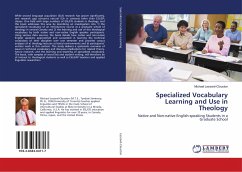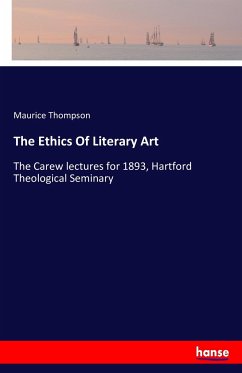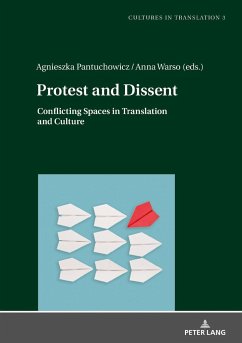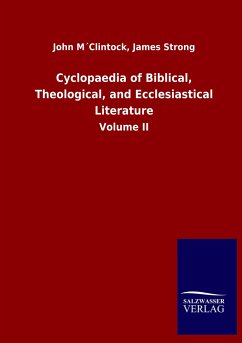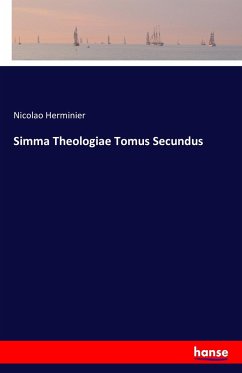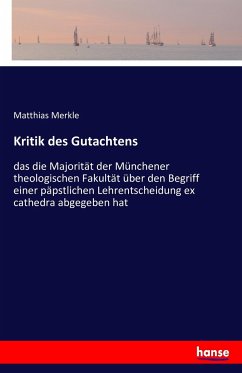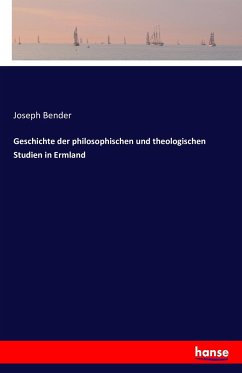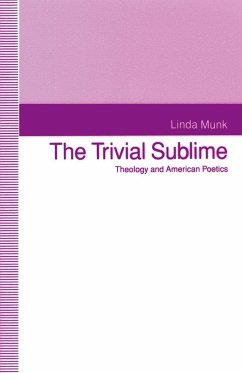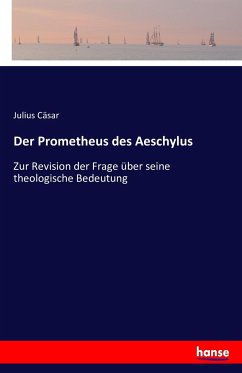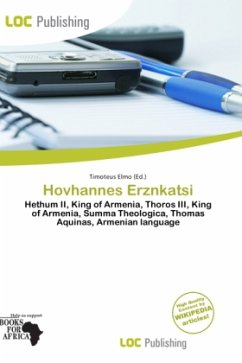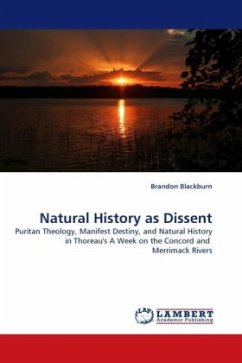
Natural History as Dissent
Puritan Theology, Manifest Destiny, and Natural History in Thoreau's A Week on the Concord and Merrimack Rivers
Versandkostenfrei!
Versandfertig in 6-10 Tagen
32,99 €
inkl. MwSt.

PAYBACK Punkte
16 °P sammeln!
Puritan theology, the political ideology called "Manifest Destiny" and a new empirical methodology called "natural history": Henry David Thoreau wrestles with all three worldviews in his account of a trip down two rivers with his late brother. Titled A Week on the Concord and Merrimack Rivers, this works brings into focus what the theology of New England's past, its present politics, and an emerging scientific method share: a view that the world external to the individual is one of systematic order. In practicing his own brand of natural history, however, Thoreau voices his opposition to those...
Puritan theology, the political ideology called "Manifest Destiny" and a new empirical methodology called "natural history": Henry David Thoreau wrestles with all three worldviews in his account of a trip down two rivers with his late brother. Titled A Week on the Concord and Merrimack Rivers, this works brings into focus what the theology of New England's past, its present politics, and an emerging scientific method share: a view that the world external to the individual is one of systematic order. In practicing his own brand of natural history, however, Thoreau voices his opposition to those with Puritanical or expansionist leanings. In his account of a week spent on the Concord and Merrimack rivers, Thoreau attempts to rescue the individual conscience from a Puritan theology that would subvert it to the will of God and attempts to unearth a Native American culture that was on the brink of being buried by westward expansion.



